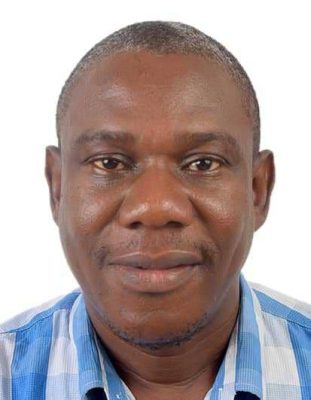A Consultant Paediatric Neurologist at the Obafemi Awolowo University Teaching Hospital Complex (OAUTHC), Ile-Ife, Dr. Oluwasola Oke, has urged the Federal Government to prioritise the inclusion of Attention Deficit Hyperactivity Disorder (ADHD) in the National Health Insurance Scheme (NHIS), citing the rising cost of treatment and growing prevalence of the condition among Nigerian children.
Speaking with journalists in Ilorin, the neurologist expressed deep concern over the challenges faced by families in managing ADHD, a neurodevelopmental disorder marked by persistent inattention, hyperactivity, and impulsivity, especially among school-aged children. Dr. Oke explained that children affected by ADHD often exhibit symptoms such as short attention spans, difficulty staying focused or organised, excessive talking, and restlessness — behaviours which tend to manifest across various environments including home, school, and even social settings.
He lamented the skyrocketing cost of medication, stating that a sachet containing just 10 tablets now sells for as much as N50,000, making it nearly impossible for the average Nigerian family to afford. Worse still, he noted that the necessary drugs are not readily available in many parts of the country and are often only accessible in affluent areas like Lagos or even outside Nigeria entirely.
Dr. Oke stressed the urgent need for government intervention through the NHIS to subsidise the cost of managing ADHD, warning that the burden of the condition is not as rare as many assume. Citing research figures, he revealed that ADHD affects approximately 4.6 to 8.7 per cent of children in Nigeria, with similar prevalence rates across Africa ranging from 5.4 to 8.7 per cent, while the global average stands at 5 to 10 per cent.
In addition to the financial strain, he decried the widespread misconceptions surrounding the disorder. According to him, many Nigerians still attribute ADHD symptoms to poor parenting, indiscipline, or even spiritual affliction, rather than recognising it as a legitimate medical condition requiring professional attention. He cautioned against stigmatising affected children or resorting to extreme measures such as corporal punishment or endless spiritual deliverances, which he said only further harm the child.
Dr. Oke, who also lectures in the Department of Paediatrics and Child Health, called for greater public enlightenment and understanding, urging caregivers, teachers, and communities to show empathy and support. He explained that with appropriate behavioural therapy, educational strategies, and access to necessary medication, children with ADHD can thrive and often excel in areas such as music, mathematics, and the arts.
He appealed to both the government and health stakeholders to work towards eliminating barriers to treatment, improve access to affordable medication, and create supportive environments for children living with ADHD. He concluded by reiterating that early diagnosis and appropriate intervention are key to ensuring that these children live productive, fulfilling lives, calling on society to embrace compassion over condemnation.
